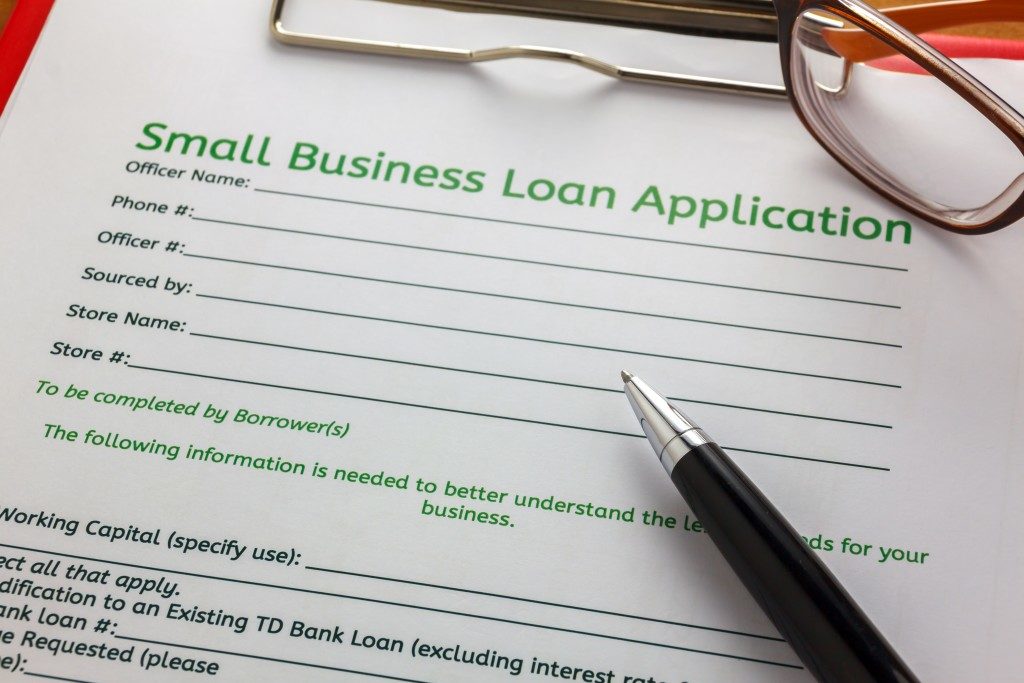A lot of planning goes into buying a home. You’ve found the house you want in, say, Utah, and using a home loan calculator helped you determine how much you have to pay every month. But then, you hit a dilemma: you had your mortgage application rejected.
Before you despair, there’s a solution to consider in improving your chances of having a mortgage application approved. Have someone co-sign the mortgage with you.
What’s a Co-signer?
A co-signer is someone who applies for a mortgage application with a primary buyer who’s not fully qualified for the loan on their own. Having a co-signer might be necessary to support you in your debt, income, or credit situation. That is, if they have an excellent credit score and a low debt-to-income ratio.
The co-signer also provides mortgage lenders with an additional level of security. If you can’t pay your loans, your co-signer should step in and pay on your behalf. The lender can also pursue remedies from the co-signer if you default on your mortgage.
To qualify for a co-signer, they must:
- Be a family member (e.g., a parent, grandparent, sibling, aunt, or uncle)
- Be a U.S. citizen or resident alien
- Be living in the same state as the primary borrower and the property they’ll purchase
The Limitations of Having a Co-signer
Once you get a co-signer, their name will be on the deed of trust, mortgage, and other loan documents. However, their name won’t be on the title of the property, and they won’t sign the deed.

A co-signer can’t help you if they fail in the following aspects:
- Down Payment: Having a co-signer doesn’t take away the down payment requirement of a home purchase. According to the Federal National Mortgage Association, you still have to pay a 5% down payment. The co-signer can increase the amount if they wish.
- Debt-to-Income Ratio: Even with a co-signer, you’re still required to have a maximum debt-to-income ratio of 43%.
- Credit Score and History: A co-signer won’t help your situation if you have a bad credit score. For loans by the Federal Housing Administration, you must have a minimum credit score of 580.
Asking someone to be a co-signer might be a casual arrangement, but it can pose serious risks. Your failure to pay off your debt could affect your co-signer’s ability to qualify for future credit. Even late payments reflect on your co-signers credit report.
Protecting Your Co-Signer
With the risks involved, it’s up to you to protect your co-signer’s interests. Here’s how:
-
Pay your mortgage loan on time
Better yet, schedule mortgage payments in advance. Not only will you pay off your loan faster, but you also improve your co-signer’s credit score.
-
Actively release your co-signer from the mortgage
Make sure your loan documents have a credit release option. This clause states that the creditor will remove the co-signer if you meet specific requirements, like an improved credit score.
Credit release options aren’t standard in loan documents, so another option to consider is refinancing your mortgage loan.
Having a co-signer can help you qualify for the loan and interest you want, even with a less-than-perfect mortgage application. However, it’s not the solution to all your problems. Don’t take this act of kindness lightly and make sure to protect your co-signer’s interests.


